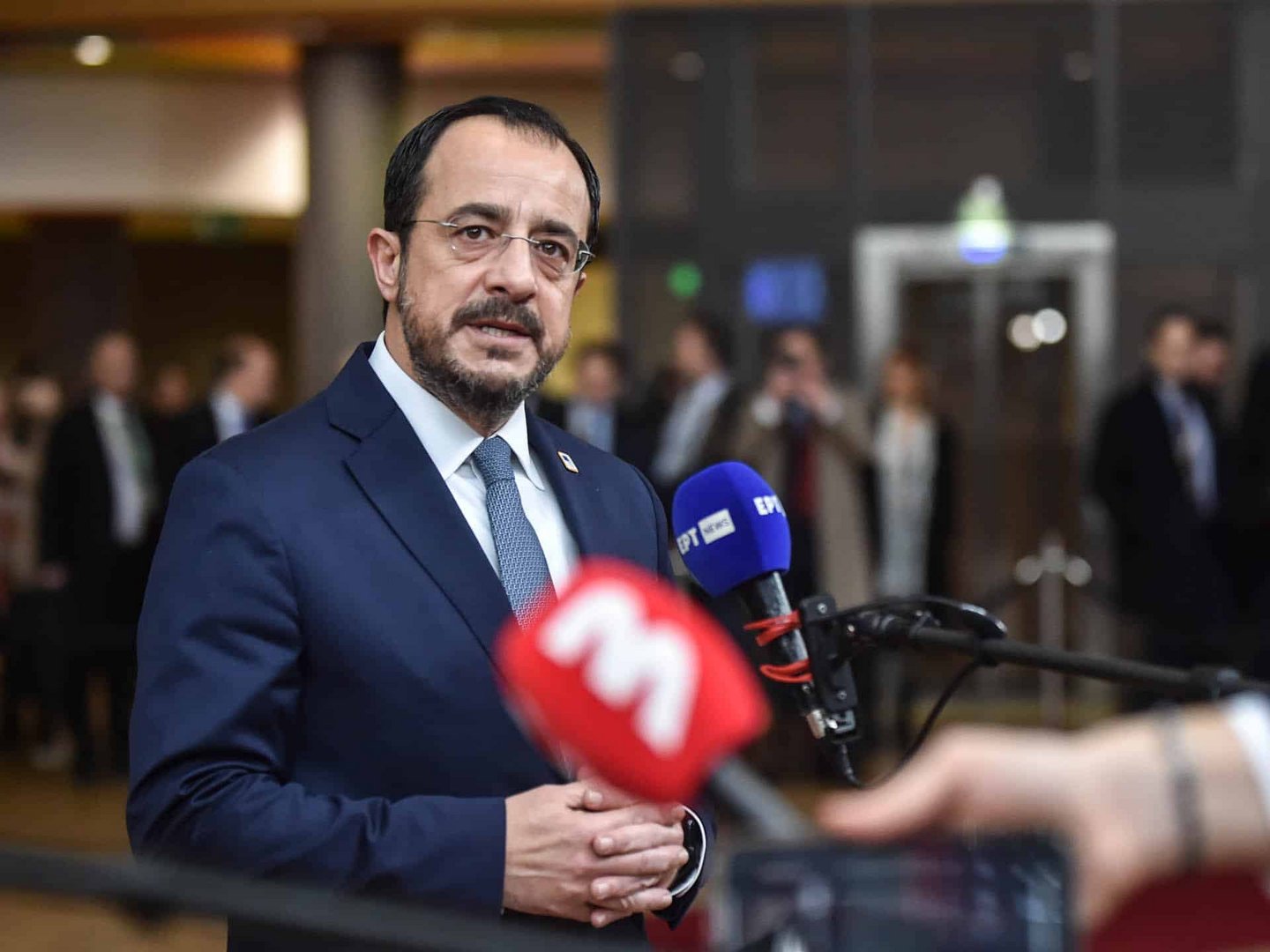Any remaining illusions about President Nikos Christodoulides’ commitment to a settlement of the Cyprus issue were shattered last weekend when he announced to a gathering of Famagustans in Dherynia that he would be attending a meeting in New York with the UN secretary-general and Ersin Tatar on August 13.
His revelation which was not based on fact, as the meeting had not been agreed and no date set for it, showed that for him the Cyprus issue is little more than communications game. He has no real interest in the resumption of talks, despite his countless assertions to the contrary, his only concern being to avoid personal responsibility for partition which, like his predecessor, he has accepted as the best solution. The script he has been working on is that despite his tireless efforts, he could not break Turkey’s intransigence and Tatar’s inflexibility fully supports his narrative.
A president sincerely committed to the resumption of talks that would lead to a settlement would not have gone public about a trilateral meeting before it had been finalised and invitations sent. Even a novice diplomat knows that diplomatic consultations are confidential, and that public disclosure is avoided because it could destroy the process. Was Christodoulides, a career diplomat and former foreign minister, not aware of this fundamental rule of diplomacy?
He was fully aware of what he was doing. He calculatingly made the remark in order spark a response from Tatar that he knew would be negative. In this way he ensured that Tatar would scupper the diplomatic initiative before it had been completed, because there was always a small risk that Turkey could have eventually been persuaded by the UN to agree to a new process, especially now that its rapprochement with Greece is progressing.
Christodoulides had been trying to goad Tatar into a negative response for several weeks, by declaring there would be positive developments to report on the Cyprus problem and that there could be good news as early as August. Only when he gave a date for a meeting did the hot-headed Tatar take the bait. Tatar came under a lot of criticism from the Turkish Cypriot opposition for speaking out, as he allowed Christodoulides to pose “as the party that wants a solution”.
The reality is that Christodoulides has been playing the communications game on the Cyprus problem from start. He knew his campaign about the EU appointing a personal envoy for the Cyprus issue would come to nothing, but he made a big song and dance about it. Then he urged the UN secretary-general to appoint an envoy to establish if there was common ground for the resumption of the talks but did nothing practical to assist her efforts. In a way he is lucky that opposite him is Tatar, whose only quality is his inflexibility, which allows Christodoulides to pose as the man interested in breaking the deadlock while doing nothing meaningful to achieve it.
This sterile approach, covered by the president’s rhetoric, was subtly referred to by the Greek Prime Minister Kyriakos Mitsotakis on his July 20 visit, when he said “we reject the bankrupt dogma that inertia produces movement.” Greece’s foreign minister, Giorgos Gerapetritis, went a step further, saying more recently that “the inaction and inertia on the Cyprus problem, the lack of political courage has unfortunately led Turkey to more extreme positions.” This was a dig at Christodoulides and his predecessor, even though Greece’s foreign ministry through diplomatic sources subsequently gave a different interpretation to his words.
Greece’s government knows that full normalisation of relations with Turkey will not be achieved without a settlement of the Cyprus problem, which is why it is expressing a certain frustration with the Cyprus president’s inaction. Perhaps Christodoulides’ successful attempt to secure a negative public response from Tatar about a possible meeting in New York was directed at the Greek government, as an answer to its criticism about “inaction and lack of political courage”. He had shown once again that the Turkish side was blocking progress on the Cyprus problem, which rendered his refusal to do anything to make it abandon its negative stance irrelevant.
Like his predecessor, Christodoulides has come to terms with partition, although he cannot possibly say this. The Cyprus problem has been turned into an issue of communication strategy – a strategy that would lead to partition without the president taking the blame.







Click here to change your cookie preferences